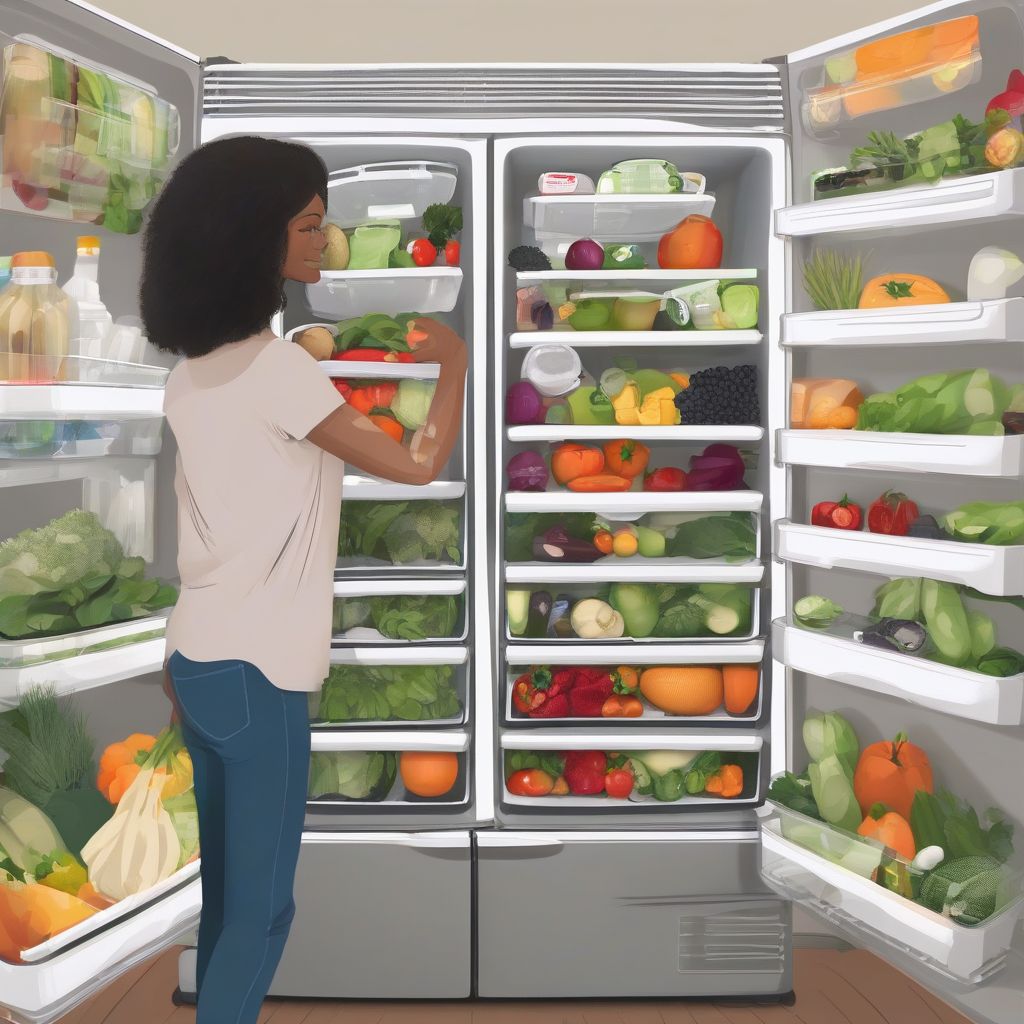Have you ever stopped to think about where your trash goes after it leaves your bin? In bustling urban environments, waste management is a pressing issue. As a nutritionist and meal prep coach, I’m passionate about healthy living, and that includes reducing our environmental footprint. Let’s explore practical ways to minimize waste in our daily urban lives.
Understanding the Urban Waste Challenge
Cities are hubs of consumption, generating significant waste. From packaging to food scraps, our trash ends up in landfills, contributing to pollution and greenhouse gas emissions. The good news is that we can all be part of the solution.
Simple Steps for Big Impact
1. Embrace the Power of Refusing
The first line of defense in waste reduction is saying “no” to unnecessary items.
- Skip Single-Use Plastics: Carry reusable bags, water bottles, and coffee cups. Opt for products with minimal packaging or those packaged in recyclable materials.
- Ditch Disposables: Invest in reusable containers for leftovers, snacks, and on-the-go meals. Say “no” to plastic cutlery and straws.
- Think Before You Buy: Avoid impulse purchases, especially items with short lifespans. Consider the environmental impact of your shopping choices.
2. Make Composting Second Nature
Food waste is a major culprit in landfills. Composting is a simple yet effective way to transform scraps into nutrient-rich soil.
- Start Small: Begin with a countertop compost bin for easy collection.
- What to Compost: Fruit and vegetable peels, coffee grounds, eggshells, and yard waste are great additions.
- Find a System: Explore local composting programs, or if you have a balcony or garden, consider a compost bin.
3. Shop Smart and Reduce Food Waste
Did you know that roughly one-third of all food produced globally is wasted? By planning meals, storing food properly, and getting creative with leftovers, you can minimize your foodprint.
- Plan Your Meals: Create a weekly meal plan and make a grocery list based on what you’ll actually use.
- Understand Expiration Dates: “Best by” and “use by” dates often cause confusion. Trust your senses – if it looks, smells, and tastes okay, it’s probably fine to eat.
- Love Your Leftovers: Get creative with extra portions. Turn them into new dishes, freeze them for later, or use them for lunch the next day.
 Reducing Food Waste in the Kitchen
Reducing Food Waste in the Kitchen
[amazon bestseller=”Reusable Food Storage Containers”]
4. Recycle Right and Explore Beyond
Recycling is essential, but it’s crucial to do it correctly. Familiarize yourself with local guidelines to ensure your efforts are effective.
- Know Your Plastics: Not all plastics are created equal. Check the numbers on plastic containers to determine what’s recyclable in your area.
- Clean It Out: Rinse out containers to prevent contamination.
- Think Beyond the Bin: Many items can be recycled beyond traditional curbside programs. Check for local drop-off locations for electronics, batteries, and other specialty items.
5. Support Sustainable Businesses and Initiatives
Vote with your wallet by supporting businesses committed to sustainability.
- Choose Eco-Friendly Products: Seek out products made from recycled materials or those designed with minimal packaging.
- Support Local Farmers Markets: Reduce your carbon footprint and enjoy fresh, seasonal produce while supporting your community.
- Engage in Advocacy: Get involved in local initiatives promoting waste reduction and sustainable practices.
The Power of Collective Action
Reducing waste in an urban environment is a shared responsibility. While individual actions are crucial, advocating for systemic change amplifies our impact.
- Support Policy Changes: Encourage local authorities to implement policies that promote waste reduction, such as composting programs or plastic bag bans.
- Engage Your Community: Start conversations, organize workshops, or participate in neighborhood cleanups to raise awareness.
Conclusion: Small Changes, Lasting Impact
Living a zero-waste lifestyle might seem daunting, but even small changes can have a ripple effect. By adopting these practical strategies, we can collectively minimize our environmental impact, create healthier communities, and pave the way for a more sustainable future. Remember, every step towards reducing waste counts – let’s embrace this journey together!
What are your favorite waste-reduction tips? Share your thoughts in the comments below! Let’s inspire each other to create cleaner, greener urban spaces.
